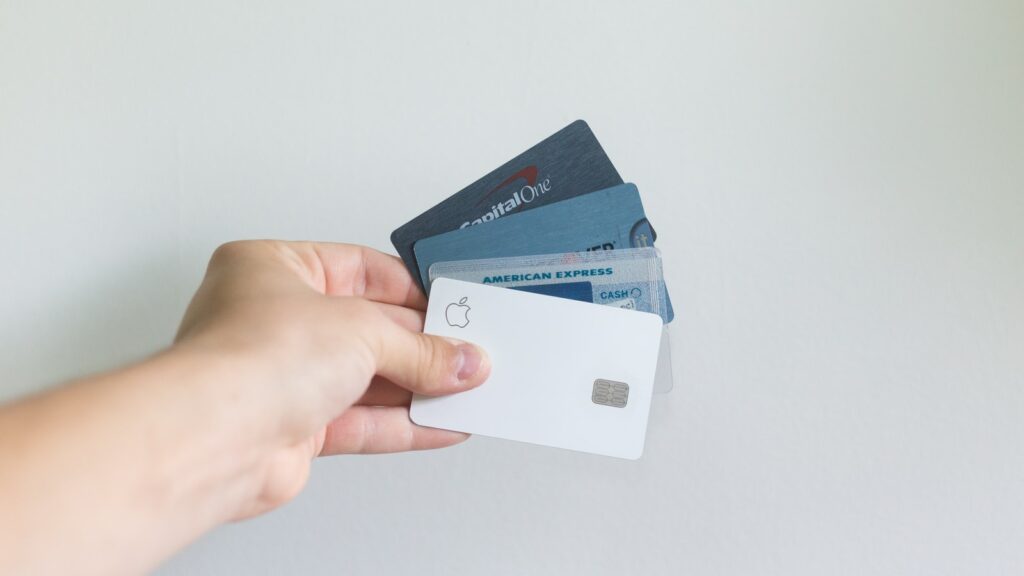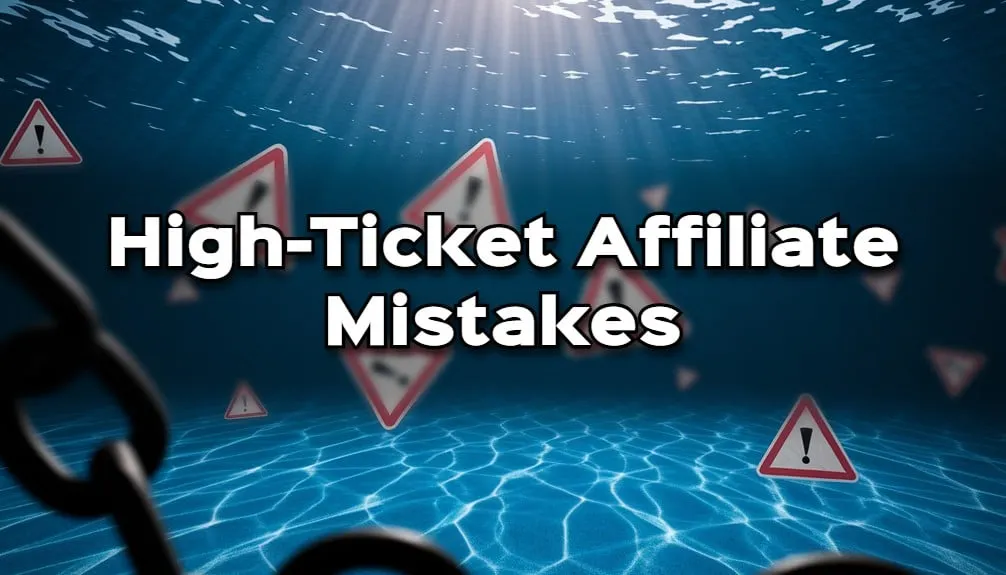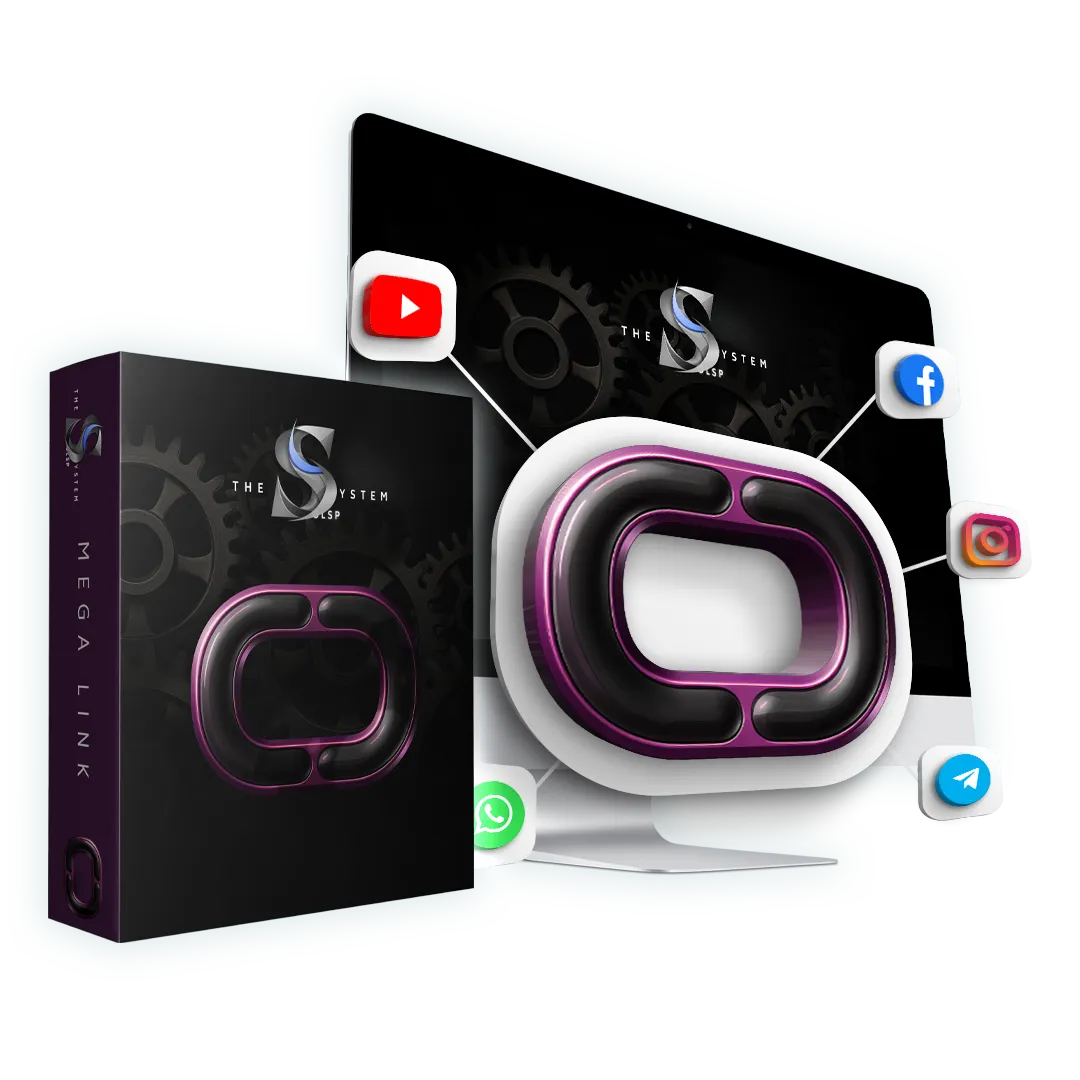5 Things to Know About Good Debt vs. Bad Debt
Not all debt is the same. Learn all about the good and bad when it comes to debt.

For most people, “debt” is a scary, bad word. Debt conjures up images of losing money, losing your house, angry banks and collectors calling you at all hours of the day and night. But what if I told you debt can actually generate you income via real estate? Sounds crazy, but it’s totally true. The problem is that many people don’t understand the difference between good and bad debt. Bad debt may do all the bad things you imagine it doing, but good debt can actually do the opposite: it can put money in your pocket. How is that possible? Well, there are a few things you’ll need to understand first.
Here are some tips that I learned from Robert Kiyosaki.
1. There are different kinds of debt.
Obviously, most people understand that there are many different kinds of debt. But what many people don’t understand is the different between good and bad debt. First, let’s look at bad debt:
Bad debt refers to things that won’t generate you any income. This includes:
-Student loans:
While you may be able to make money if you find a good job, there is no guarantee that you will be able to pay this money off. You also are unable to declare bankruptcy on this type of debt, putting it firmly in the bad debt camp.
-Cars:
Some people may consider cars an asset, unless you are using it for something that can generate income, such as a ride-sharing service, it is actually bad debt, since you are constantly putting money into it, whether it be repairs, car payments, or even just gas.
-Personal shopping:
Putting personal purchases on credit cards like clothes, shoes, and electronics that won’t put any money in your pocket is definitely considered bad debt.
-Your personal residence:
Like a car, many people consider your personal house an asset. However, even if your house is completely paid off, you are still putting money into in the form of taxes, insurance, and repairs, making it a liability instead of an asset. Bringing us to our next point…
2. Understand the difference between a liability and an asset.
Like we previously mentioned, many people consider things like their house and their car an asset. But it’s actually a liability. And here’s why.
Simply put, an asset is something that puts money into your pocket. A liability is something that takes money out of your pocket. So, let’s use your car as an example. Even if your car is paid off, you are still putting money into it in the form of taxes, insurance, repairs and gas. However, if you were using your car to drive for Lyft or Uber, that would make it an asset.
For the same reason, your personal residence wouldn’t be considered an asset even if your mortgage were totally paid off. But, a rental property would be considered an asset because it makes you money- even if you had to take out a loan (aka go into debt)- you are still making money. That’s why real estate investing is so lucrative, and considered good debt.
3. Income vs. expense.
In the same vein of liability vs. asset, it’s important to understand the difference between incomes vs. expense. With a rental property, you are making passive income, meaning you aren’t “working” for your money- you are getting a positive cash flow. An expense means you are getting a negative cash flow.
4. Debt generates cash flow.
Because rental property will be making you money, it is considered an asset even if you had to go into debt to purchase that home. How? Simple. It’s good debt, meaning it is putting money into your pocket. You will be generating a positive cash flow when you receive passive income from your properties, even if you still owe money on the house itself. And remember- you won’t be the one paying off these debts. Your tenants will, in the form of the rent they pay you every month.
5. Get smart!
It’s always a good idea to get knowledgeable about money, debt, and real estate investing. This way you can make sure that you aren’t accidentally taking an asset and turning it into a liability. Aside from reading articles such as these, it’s always a good idea to take real estate classes and talk to experienced investors to make sure you limit the amount of missteps and mistakes you make!
Remember, at the end of the day, it’s all about where the cash is going. If it’s going into your pocket, it’s good debt. If it’s going to someone else, it’s a liability. You have the power to control your cash flow! Be mindful of what you invest in and what kinds of things you are going into debt over.
It really comes down to what your money is being spent on and how it is going to financially benefit you in the future. Investing means just that- you are investing not only in a property but also in your future! So, don’t be afraid of debt- it may seem scary, but if it’s the good kind of debt, it can actually be used to generate income.
While the term “debt making you money” may seem far-fetched, it really isn’t. If your debt can generate cash flow, it will, in the long run, make you money. And investing in real estate will do just that- make you money and raise your net worth by multiplying the number of assets you have. So there’s no need to cut up your credit cards or throw them away- just use them to invest instead!








